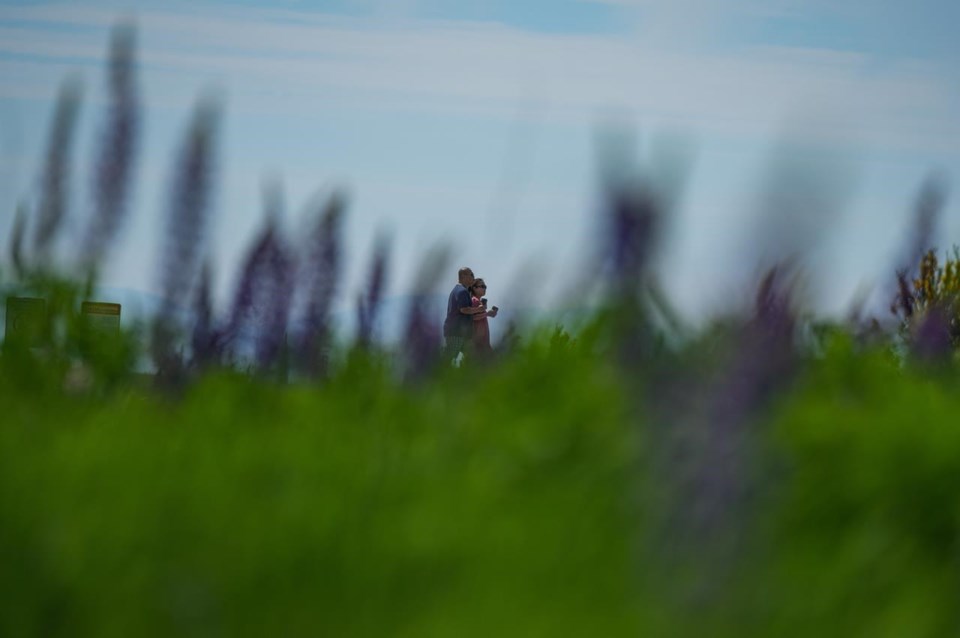VANCOUVER — Rain and cooler weather over much of British Columbia has prompted two fire centres in the southern and central Interior to roll back campfire bans.
The Kamloops and Cariboo fire centres say the Category 1 open fire ban will lift at noon Friday, covering blazes no larger than half a metre high by half a metre wide.
Restrictions on all other types of fires, including prohibitions on equipment such as burn barrels, fireworks and sky lanterns, remain in place.
The change comes as the wildfire danger rating in B.C. falls to moderate, low or very low across much of the central and southern Interior.
Vancouver Island, the central and northern B.C. coasts and most northern regions of the province remain ranked at a high to extreme risk of fires.
Several fires are burning out of control in those areas, including the nearly 5,100-square-kilometre Donnie Creek wildfire south of Fort Nelson that has forced an evacuation alert along a section of the Alaska Highway, and remains out of control.
Rain farther south in the Dawson Creek area this week calmed the Kiskatinaw wildfire, allowing the 2,400 residents of Tumbler Ridge to return to their homes Thursday, one week after an evacuation was ordered.
But a statement from the wildfire service said most of the rain that eased the situation there will skirt the area south of Fort Nelson.
"Saturday may be somewhat showery in the system’s wake, but modelling suggests the Donnie Creek fire will remain dry," the statement said. "Winds should ease but should be coming from the southwest and west."
The largest wildfire recorded in B.C. in recent times was the Plateau fire that charred 5,210 square kilometres northwest of Williams Lake in 2017.
Fire forecasts say conditions remain extremely dry in the boreal forest where the Donnie Creek blaze was sparked by lightning on May 12, meaning it still has the potential to burn vigorously and spread farther, possibly surpassing the Plateau fire as B.C.'s largest.
This report by The Canadian Press was first published June 16, 2023.
The Canadian Press
Note to readers: This is a corrected story. A previous version said the size of fires allowed was 1.5 metres by 1.5 metres.



